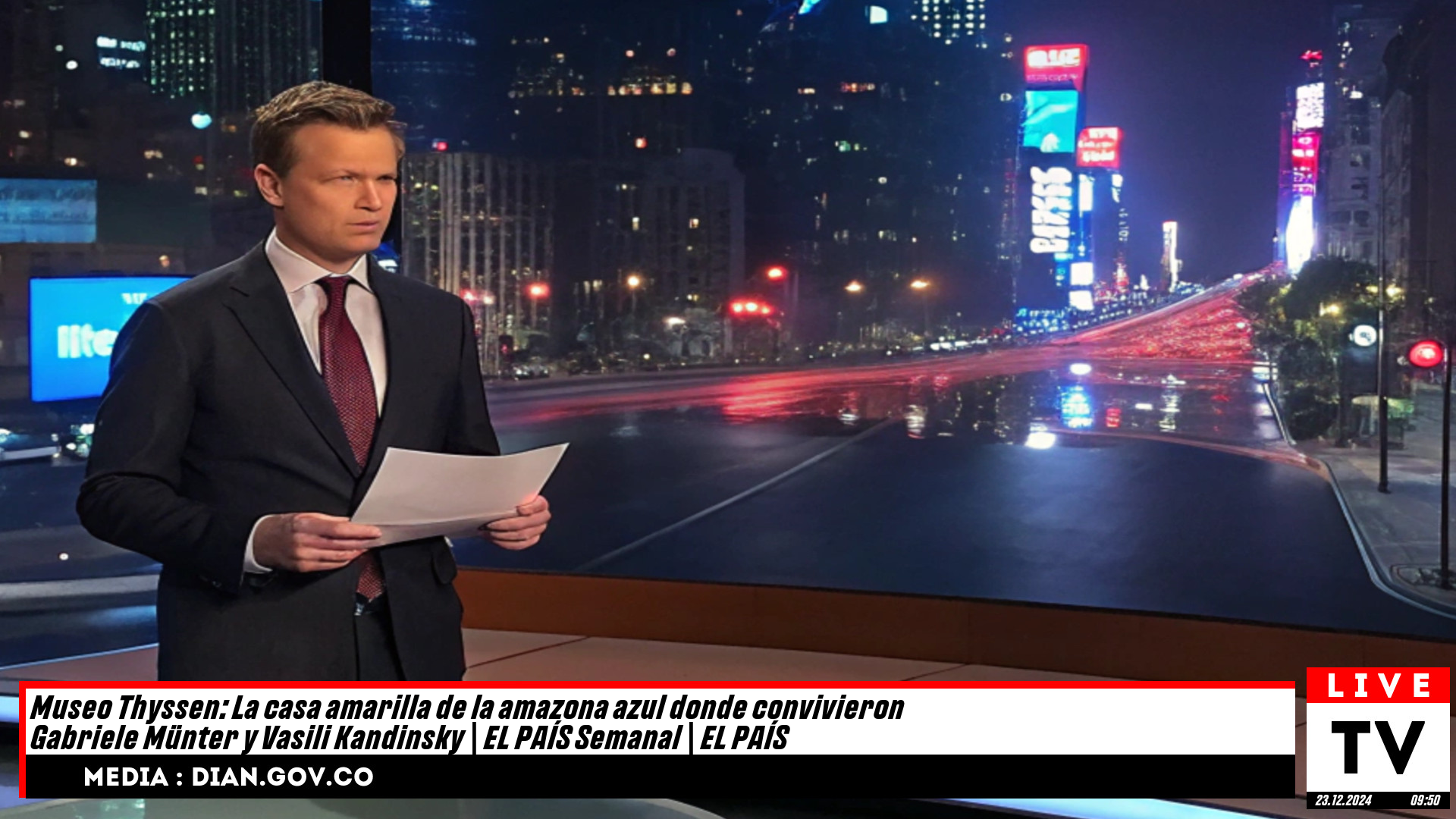¿Deporte en Rwanda: impulso al desarrollo o estrategia de blanqueo?
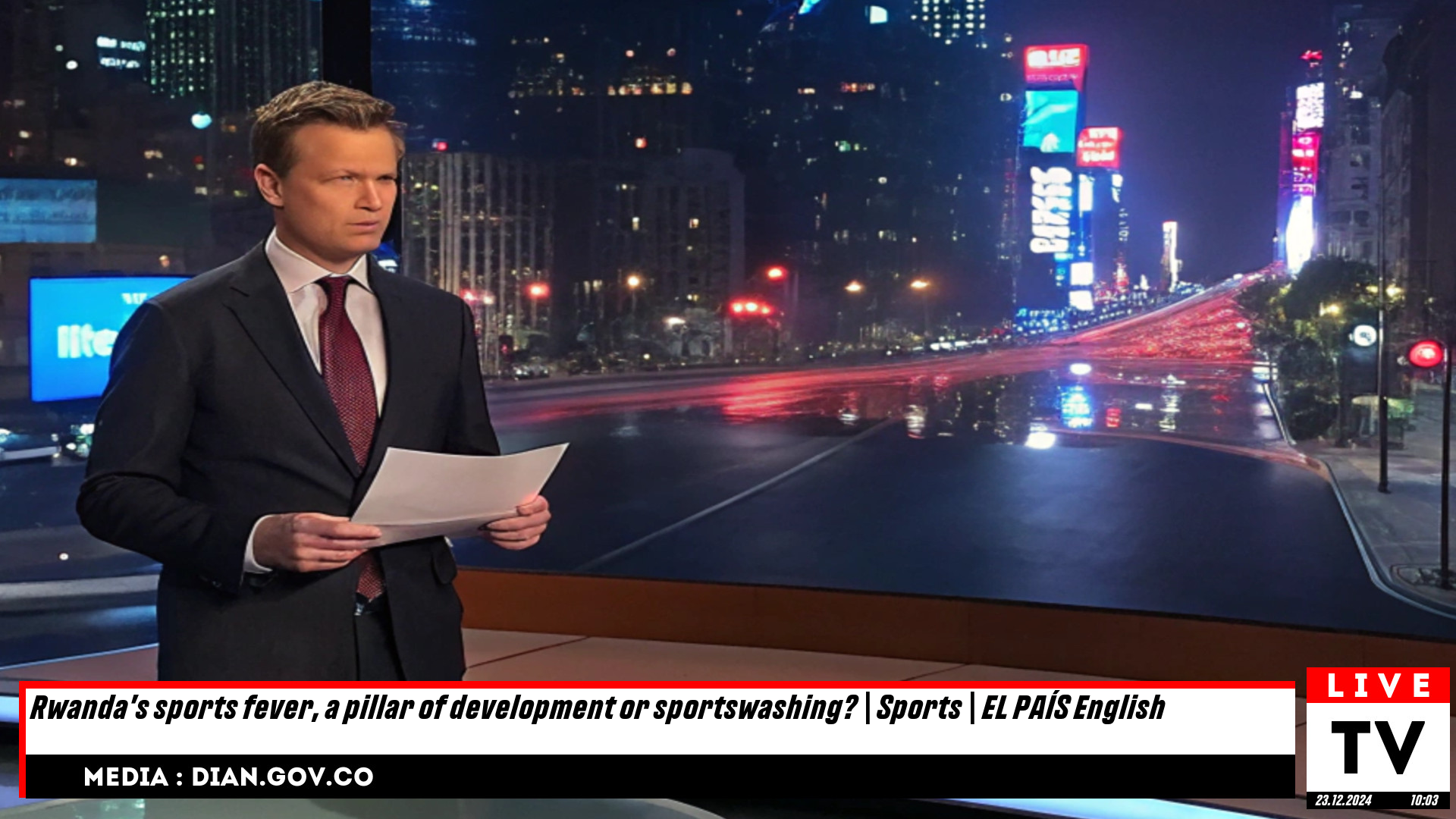
Hay un vínculo entre Arsenal, Paris Saint Germain y Bayern Múnich, tres de los clubes de fútbol más destacados del mundo: todos cuentan con acuerdos de patrocinio con el gobierno de Ruanda para promover este pequeño país africano como un destino turístico. En las camisetas de los jugadores y en las vallas publicitarias, el logo de Visit Rwanda es muy visible en los estadios europeos. Este mismo eslogan ha estado presente durante cuatro años en los playoffs de la Basketball Africa League (una franquicia de la NBA), que se celebran en Kigali, la capital de Ruanda, desde 2021. El próximo año, Kigali será la sede del campeonato mundial de ciclismo en ruta y, a mediano plazo, aspira a albergar un evento mucho más ambicioso: si las negociaciones prosperan, se llevaría a cabo el primer Gran Premio de Fórmula 1 en suelo africano desde que se celebró por última vez el Gran Premio de Sudáfrica en 1993.
According to the government of President Paul Kagame, in power in Rwanda since 2000, this sporting gold rush is the result of a meticulous plan to encourage investment and attract visitors. The official version speaks of a strategic bet to consolidate the country as an African power in global sport, of an axis of development that, like the emphasis on technology (another pillar of Rwandan prosperity in the long term), will bring wealth and wellbeing to citizens. For Human Rights Watch and other international human rights organizations, however, it is a cosmetic operation: using the glamour of high-level competition to cover up the authoritarian miseries of the regime. Vigorous bodies and dazzling passion to camouflage — or at least make less noticeable — the lack of freedoms. In short, the practice known as sportswashing.
Simon Chadwick, author of The Geopolitical Economy of Sport, does not like the term, a neologism whose common use dates back no more than a decade, when it was coined to denounce the dark side of sporting glory in oil dictatorships such as Qatar or Saudi Arabia. Chadwick admits that Rwanda is using sport, “like everyone else, to generate a positive global attitude towards the country.” But he believes that this policy runs parallel to — in some ways subordinate to — the essential objective of promoting development.
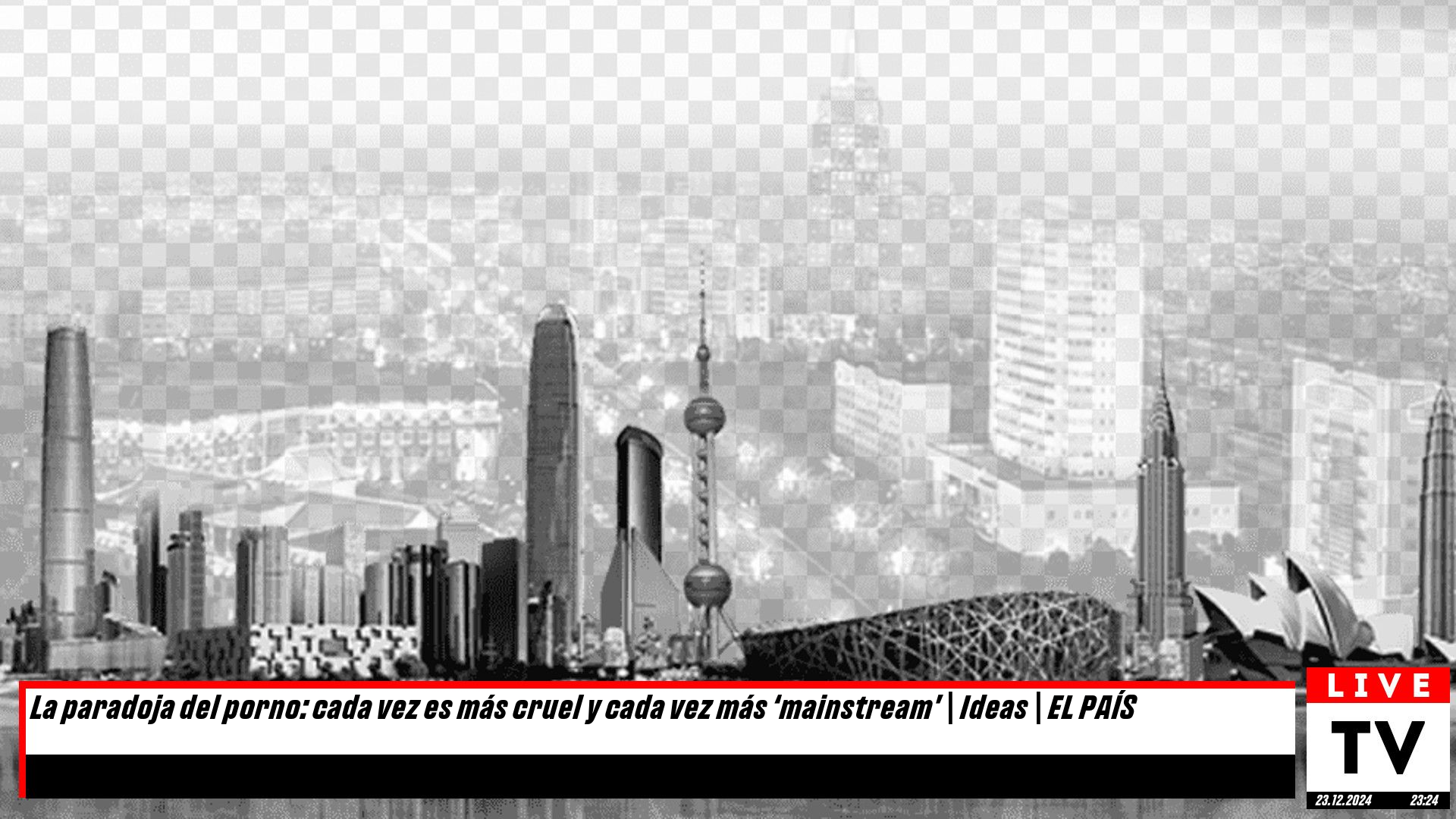
El auge del porno: más accesible y más extremo que nunca | Ideas | EL PAÍS
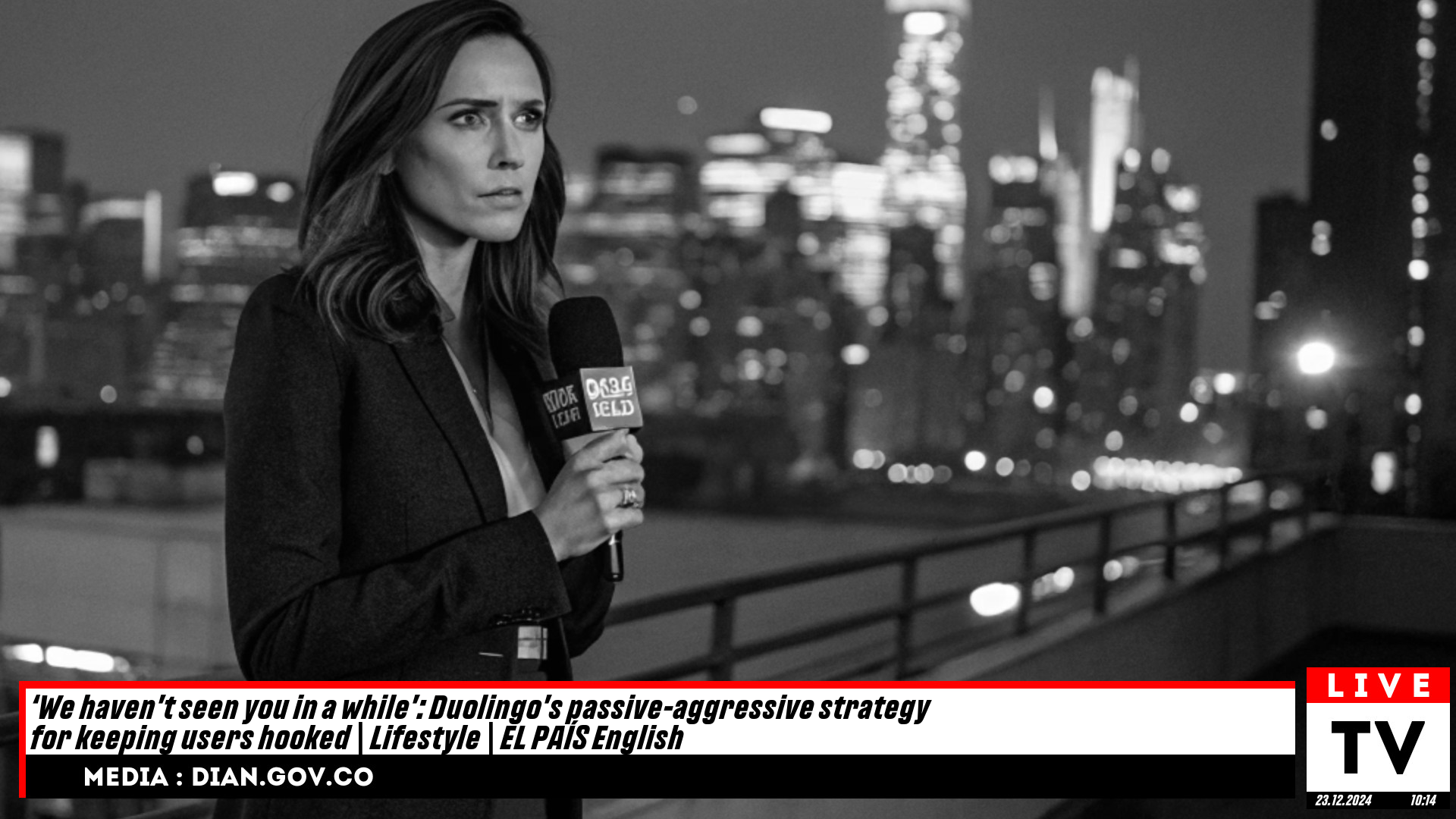
"Duolingo's Sneaky Tactics: How They Keep You Coming Back for More!"
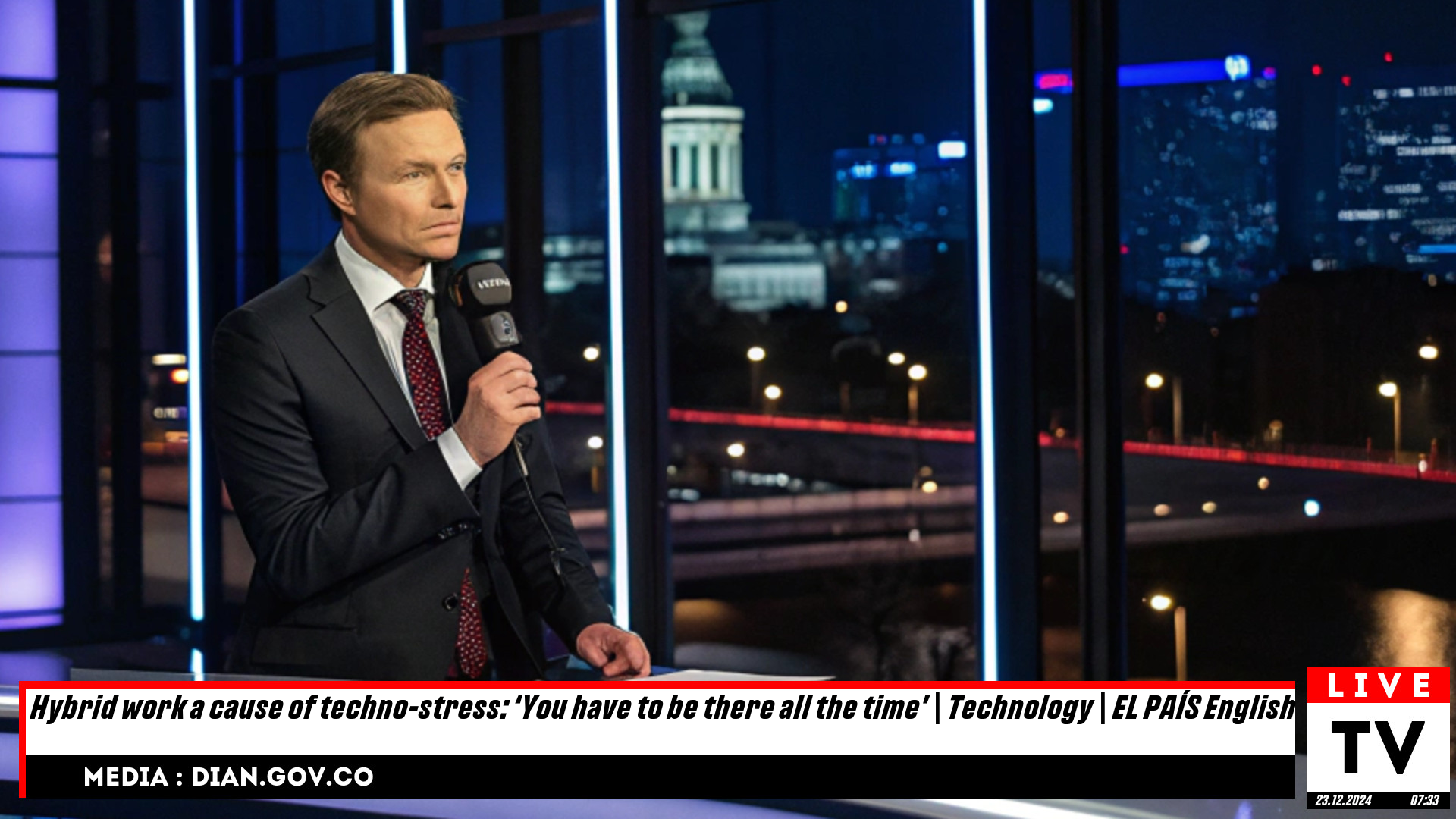
"El estrés tecnológico en el trabajo híbrido: la presión de estar siempre disponible" | Tecnología | EL PAÍS English
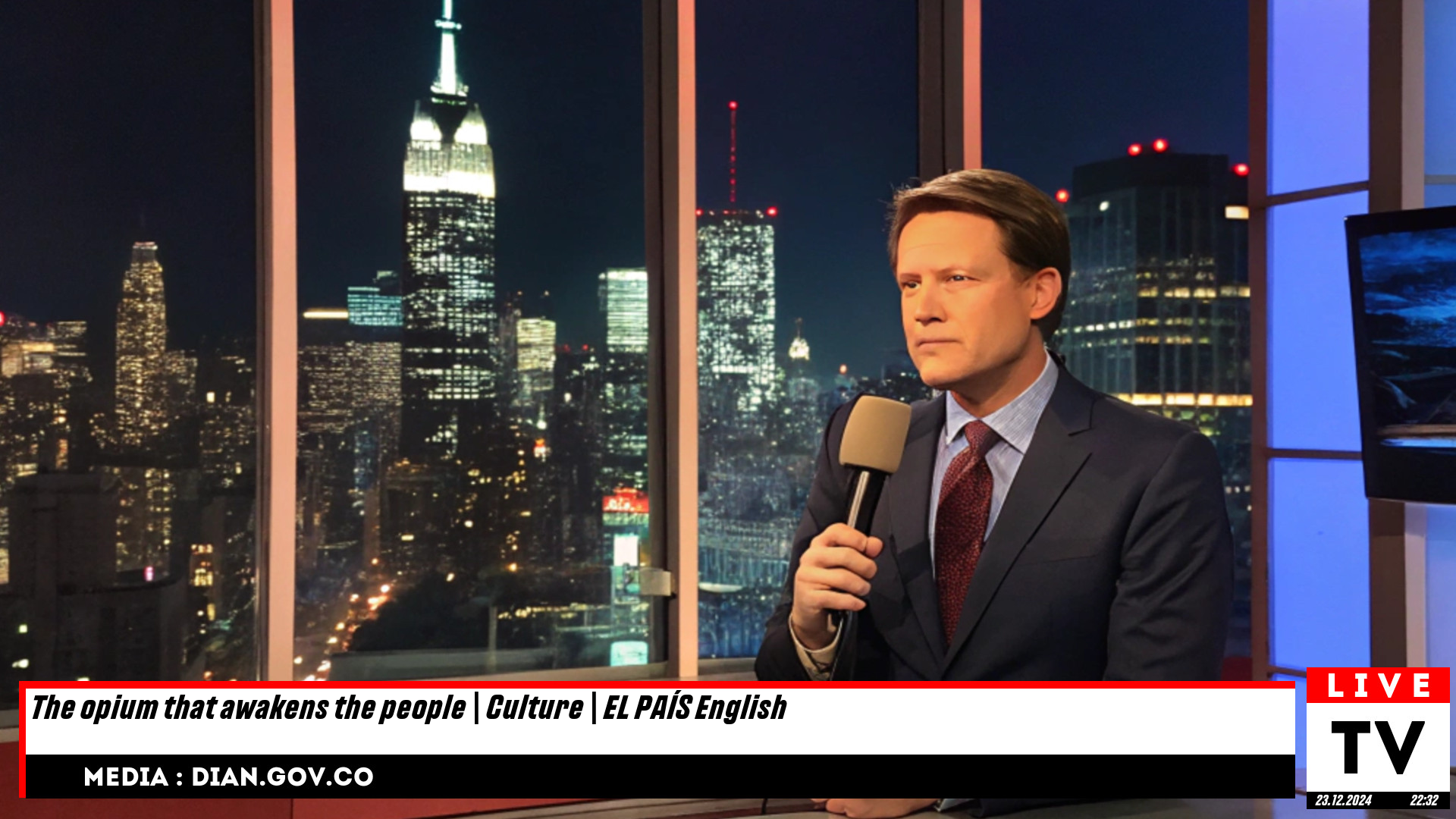
"El opio que moviliza a las masas: Un nuevo capítulo en la cultura contemporánea"
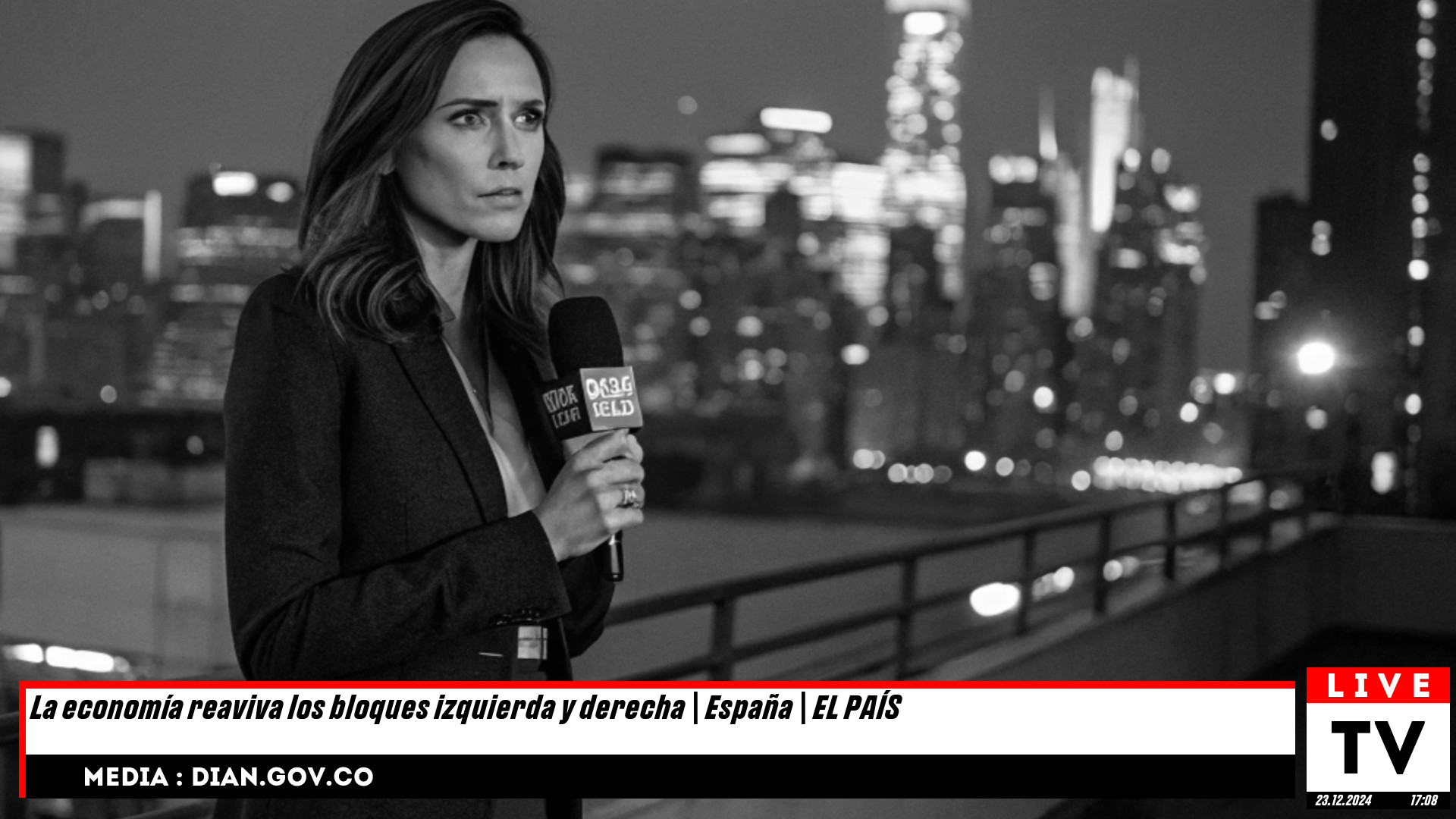
"La polarización política en España se intensifica ante el resurgimiento económico"
